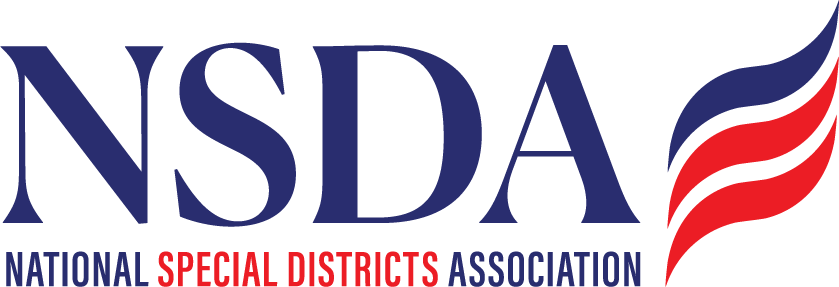Feinstein, Harris: Fed Should Lift Cap on Number of Short-Term Loans for Special Districts
June 14, 2020 | James Wilfong
Washington—Senators Dianne Feinstein and Kamala D. Harris (D-Calif.) today called on the Treasury Department and Federal Reserve to make short-term loans available to special districts that suffered substantial revenue losses from COVID-19.
Special districts –local government agencies that provide specific services such as water, energy, fire, public safety and more –are expected to lose an estimated $30.7 billion due to the pandemic.
The Federal Reserve created a program called the Municipal Liquidity Facility to provide short-term loans to state and local governments, including special districts with at least an A- credit rating. However, that program will provide loans to a maximum of two special districts per state; California has 1,913 special districts. Feinstein and Harris are calling for that cap to be lifted.
The senators wrote: “Rather than limiting the total number of eligible facilities, we ask that you rely instead on the term sheet’s independent provisions requiring a minimum credit rating for public entities to access the Municipal Liquidity Facility.
“Given that only public entities with solid credit are eligible, we urge you to consider opening the facility to any special district that meets those credit eligibility standards. These districts need assistance to continue to provide essential public services through the pandemic…”
Full text of the letter follows:
June 15, 2020
The Honorable Steven Mnuchin
Secretary of the Treasury
1500 Pennsylvania Ave., NW
Washington, DC 20220
The Honorable Jerome H. Powell
Chairman, Board of Governors of the Federal Reserve System
20th Street and Constitution Ave., NW
Washington, DC 20551
Dear Secretary Mnuchin and Chairman Powell,
We write to urge the Treasury Department and the Federal Reserve to expand access to the Municipal Liquidity Facility to special districts that provide essential services such as drinking water, wastewater treatment, and fire and police protection.
Special districts are suffering severe revenues losses and increased costs from COVID-19, just like other units of local government and states. The COVID-19 financial impact this year on water and wastewater districts alone is estimated to be $30.7 billion ($13.9 billion for drinking water utilities projected by the American Water Works Association, and $16.8 billion for wastewater utilities projected by the National Association of Clean Water Agencies).
We appreciate the June 3 changes to the Municipal Liquidity Facility’s term sheet that will allow governors to designate up to two Revenue Bond Issuers per state that can receive access to the facility. However, this access will not go far in California, which has 1,913 special districts. Rather than limiting the total number of eligible facilities, we ask that you rely instead on the term sheet’s independent provisions requiring a minimum credit rating for public entities to access the Municipal Liquidity Facility.
Given that only public entities with solid credit are eligible, we urge you to consider opening the facility to any special district that meets those credit eligibility standards. These districts need assistance to continue to provide essential public services through the pandemic, as described in the attachment. Thank you for your consideration of our request.
Sincerely,
Dianne Feinstein
United States Senator
Kamala D. Harris
United States Senator
Enclosure: Examples of the Effect of COVID-19 on Special Districts
